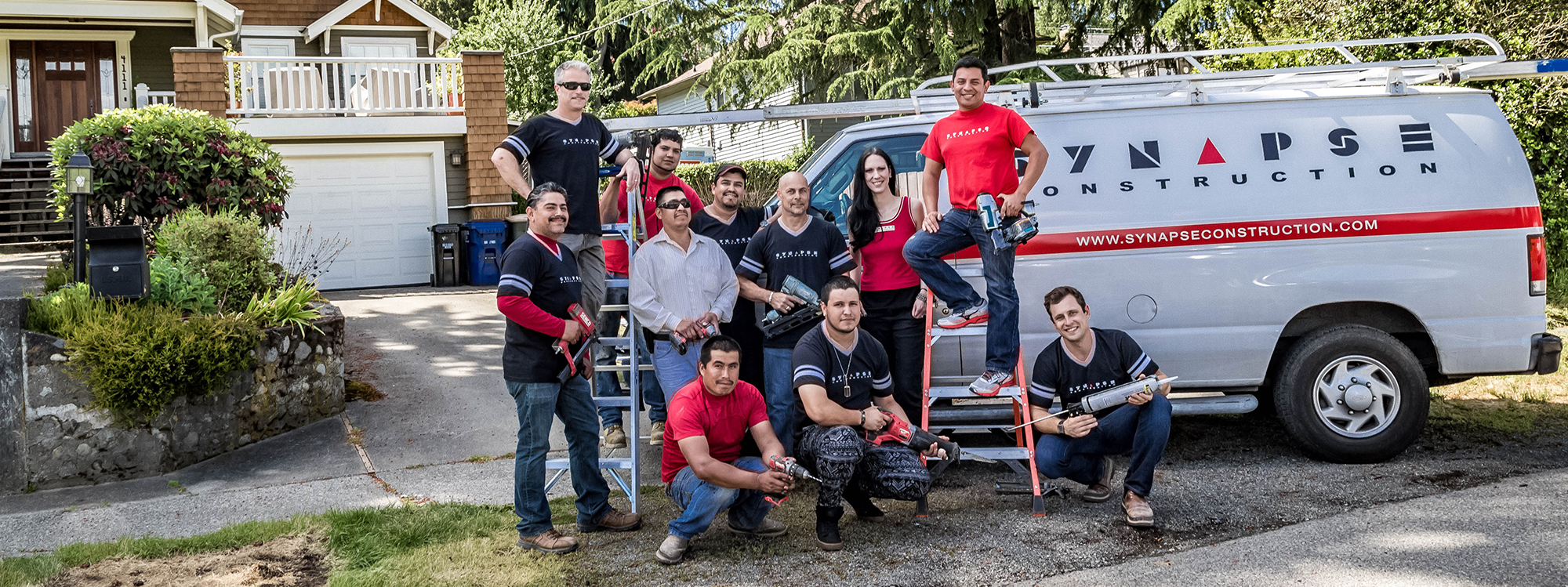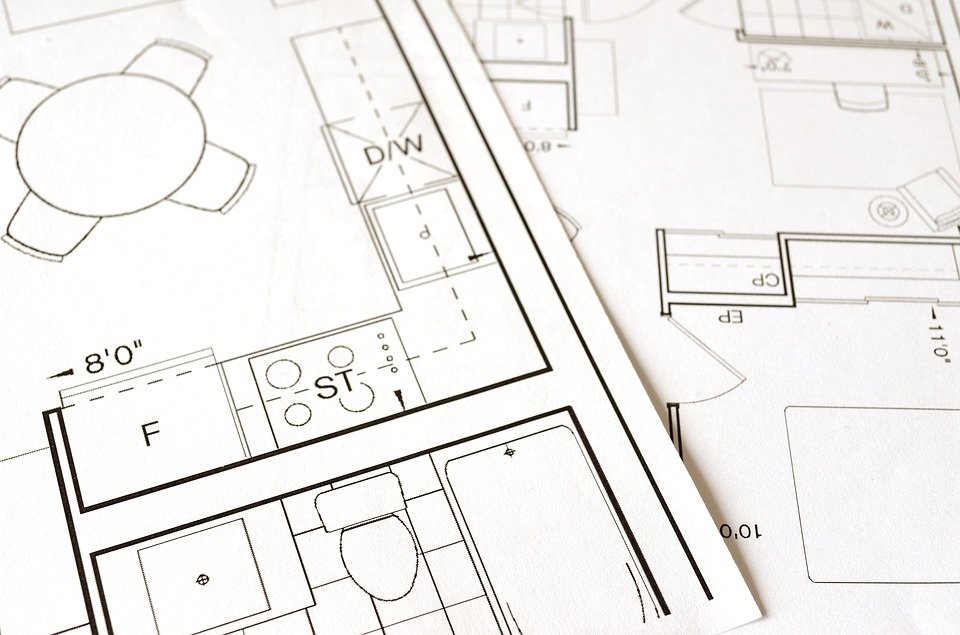6 Tips to Surviving Your Home Remodel Project
Whether you just moved in, are getting ready to move out, or are simply updating your residence to align more closely with your wishes, home remodel projects can very quickly cause a lot of stress and strain your interpersonal relationships, especially if you and your spouse (or other family members) are the ones doing the work or attempting to live on site during the construction process. Don’t let your home remodel project get the best of you! Here are six tips to help you make it through the home remodel process with your sanity and relationships intact.
1. Hire professional contractors for as much as you can afford. Of course you want to hire licensed, education professionals for any health and safety-critical work, such as electrical upgrades or installation, plumbing, HVAC-related work, and any kind of mold, pest, or toxin remediation. You should also consider hiring local professionals for labor, time, and skill-intensive projects, such as refinishing floors, painting the outside of the house, and laying tile for flooring or backsplashes. Not only can contractors save you the physical labor of the hardest parts of a remodel, they can often get the work done much more quickly than homeowners can, due to skill and the number of workers engaged in the project. Work with licensed and insured contractors to ensure the work is reliable and finished in a timely manner.
2. Plan your home remodel project carefully. If you’re in a time crunch and need to sell your home and move to a new city for a lucrative new job, this applies less to you. For almost everyone else, planning should be the longest stage of the home remodel process. If there is a particular date the project must be done by, start planning at least three to four months before, and start contacting contractors for quotes and availability as soon as possible to avoid being gouged for rush work and last-minute scheduling. If you intend to remain living the home as work is being done, plan carefully to ensure the traffic of contractors does not interfere with necessary goings-on in the home and that you and other inhabitants have access to necessary things, like the toilet during all stages of construction.
3. Research your contractors and materials carefully before committing. Cutting corners in a home remodel project can have long-lasting effects on your home’s appearance and ability to sell (as well as perceived home value to potential buyers or renters). Don’t hire your neighbor’s cousin and his crew of unlicensed workers just because they provide you with a low quote. Look into success stories from previous jobs as well as online reviews to figure out what a company’s reputation really is. The same is true of materials: Find materials that are well-rated and regarded online and by home remodeling professionals, but be flexible and willing to consider alternatives. Sometimes certain materials can cause delays to projects, as they will take some time to come from their source, due to customization, back-logged orders, or simple demand.
 4. Seriously consider short-term housing options. Depending on the location of your home, this may be as simple as obtaining a permit to stay in a rented RV or camper trailer for the two weeks that your kitchen and bathroom are under construction. Alternatively, it may involve staying with family, friends, or even neighbors to ensure you can shower and do laundry. Some families may stay in a short-term rental, such as a nearby weekly motel or fully furnished rental home. Whatever the length of time and solution, be sure to plan well in advance, especially if you are hoping to stay at someone else’s home.
4. Seriously consider short-term housing options. Depending on the location of your home, this may be as simple as obtaining a permit to stay in a rented RV or camper trailer for the two weeks that your kitchen and bathroom are under construction. Alternatively, it may involve staying with family, friends, or even neighbors to ensure you can shower and do laundry. Some families may stay in a short-term rental, such as a nearby weekly motel or fully furnished rental home. Whatever the length of time and solution, be sure to plan well in advance, especially if you are hoping to stay at someone else’s home.
5. Check with your neighborhood association or local zoning board. There’s nothing worse than finding out halfway through construction that your neighborhood association does not permit elevated decks on the front of homes or that zoning prevents you from adding that sunroom because it will be too close to a sidewalk. Your planning phase should absolutely involve consulting with local authorities to ensure your plans are permitted, or else you may have to undo part of your remodel at your own expense.
6. Be sure to account for worker needs. Besides needing places to park their vehicles, you need to address issues such as locations for meal breaks and smoke breaks, bathroom access, and the storage of materials. Without firm rules and careful planning, your home remodel project could end up causing damage to your front yard as stored materials slowly smother and kill your grass. Likewise, if there will be five or more people working on site, providing a portable bathroom outside may be a good option to reduce traffic through your bathrooms, dirt and dust being carried into living spaces from construction spaces, and wear and tear on your plumbing.
To learn more about how to prepare your home for a major remodel project, contact Synapse Construction. We can help you plan, execute, and finalize your home remodel or construction project without cramping your family’s style.




